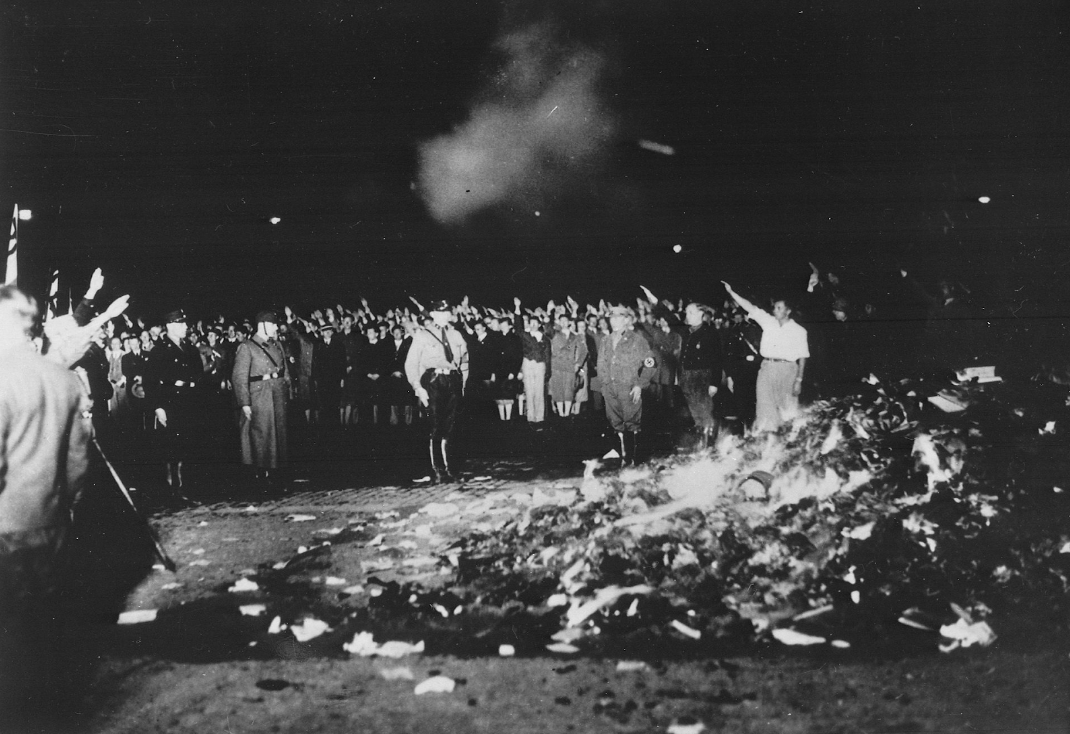30What I Learned at the Culinary Institute of America
By: Melissa Wilkinson
Staff Writer
I’ll be blunt; you don’t have to go to culinary school to be a chef. Many self-taught chefs will even stick up their nose at someone like me, a product of private education.
I was aware of the alternate path as I finished up my senior year of high school: you start with something called a stage, a sadistic period of unpaid internship unique to the culinary industry. The restaurant needs 40 pounds of potatoes peeled? All you. There’s corn that needs shucking? You’re up, kid. I not-so-fondly remember an entire evening removing the thin skin of sunchokes with a spoon.
That’s how it goes. You do your time and hope you get hired. When you do, it might not be the first restaurant you staged for.
But you take the job. You learn the trade. And, eventually, you rise up through the ranks. That’s how you become a chef without any fancy degrees. It’s also not what I did.
My father was not so much against cheffing as he was the lack of liberal education. Culinary school was supposed to be a happy medium, but he refused that too, afraid of the limited career choices a culinary degree offers.
A compromise was found in the Cornell University School of Hotel Administration, which offered a dual-degree program with the Culinary Institute of America. I was accepted early decision in 2011 and prepared for what I was certain would be my ticket to chefdom.
As I am currently a graphic design student here at Meramec, one might surmise that this is not what happened.
Starting my seven months at the CIA, it became obvious that chefs — loud, rude, and overwhelmingly male — were not my people.
I should mention that CIA is essentially boot camp. Classes operate in three-week blocks, eight hours a day, five days a week, with morning classes often beginning before 6 a.m. Each missed class lowers your grade by a letter; three missed days and you repeat the class.
Your meals come from the classrooms, providing the pressure of knowing that if you screw it up, you’re ruining lunch for everyone. If you don’t like what’s served, you’re out of luck.
Something to note about many chefs — they like to show off. Often I was pushed aside, delegated a less complex task because a colleague had more experience and could do something faster.
It took an edge off my pride to admit I no longer wanted to be a chef. That’s just what culinary school did to me. I can’t say I regret it, as often discovering what you don’t want to do is just as valuable as the alternative. But I can’t say I recommend it, either. It’s not for everyone.
If you’re reasonably aggressive and aren’t afraid to butt heads with some serious egos, you’ll do just fine in the culinary industry. But if, like me, you avoid conflict with a passion and prefer an environment where you can keep to yourself, consider asking yourself why you want to become a chef. Take it from someone getting her third degree—there’s nothing wrong with changing your mind.










